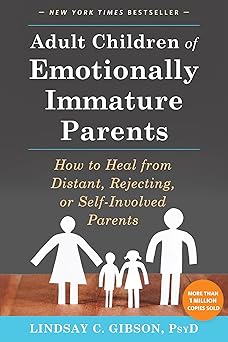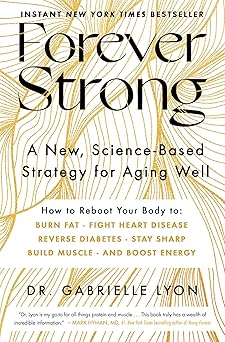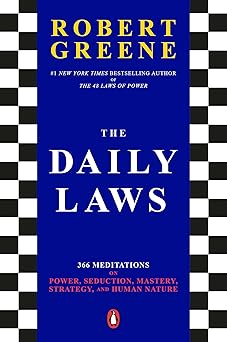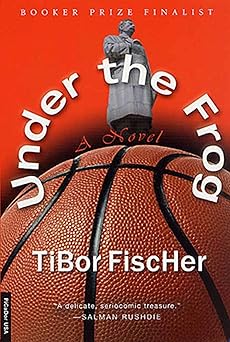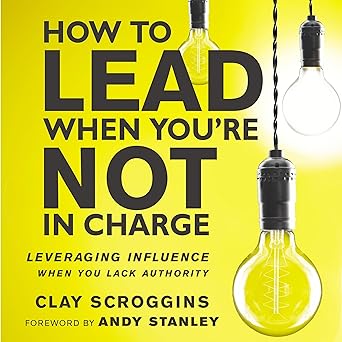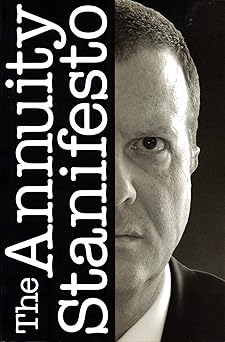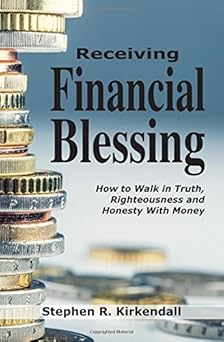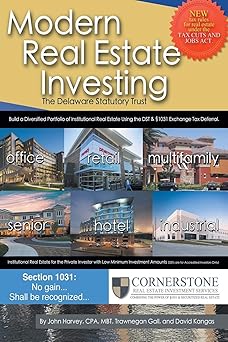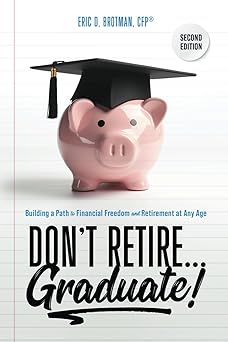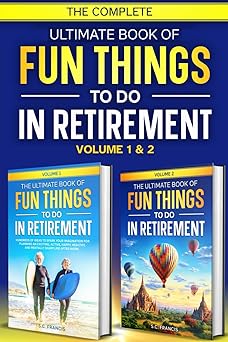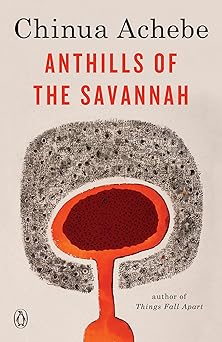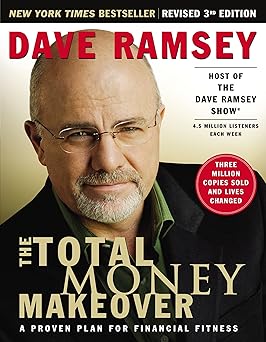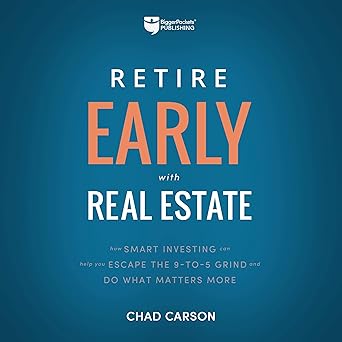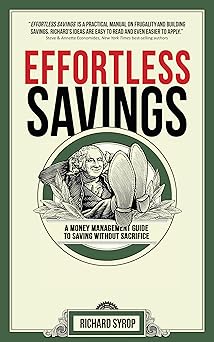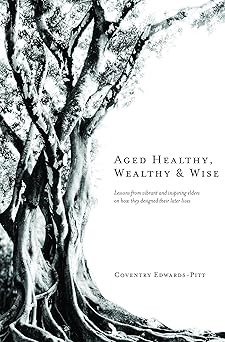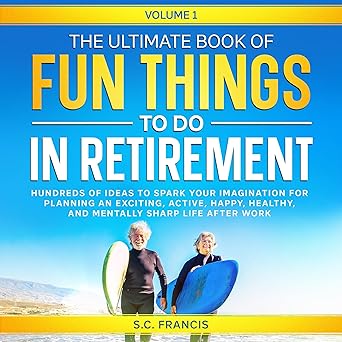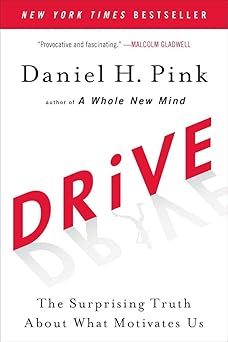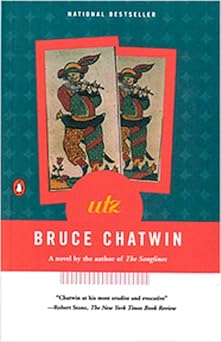
It's a story about a man named Utz, and his life in Prague. He loves collecting beautiful porcelain, delicate pieces made in a place called Meissen. Imagine having so much of something you love that it fills your entire home – that’s what Utz’s life is like. He has over a thousand pieces, carefully protected and treasured through very difficult times. Think about the weight of history, of living through war and under a government that doesn’t always allow people freedom. Utz has seen it all, and he’s found a way to hold onto something beautiful in the midst of it. It’s a quiet life, a carefully guarded existence, and one that’s full of a complicated kind of peace. Sometimes I think about people like Utz, those who find solace in small, precious things when the world around them is chaotic. My grandmother used to collect teacups, and after a long day, just holding one felt like a tiny moment of calm. It made me realize how important those little anchors can be. Utz’s porcelain is his anchor, his way of holding onto beauty and order in a world that often feels neither. It's a story about finding a way to exist, to appreciate, and to protect what matters most, even when the circumstances are incredibly challenging. The simple act of arranging and caring for his collection seems to be his way of saying, "I am still here, and I still find beauty."
The most interesting part of Utz’s story isn’t just about the porcelain. It’s about the choices he makes, the freedom he both desires and seems to deny himself. He’s allowed to leave the country once a year, and for a while, he considers escaping to a place where he could be truly free. But he always comes back. Why? Because he can’t leave his collection behind. And it's more than just that. He's bound to it, just as much as the government controls him. It's a strange and complicated relationship – he owns the porcelain, but in a way, the porcelain also owns him. It's like being trapped by something you love. I remember a friend who collected antique clocks. She spent years searching for them, restoring them, and cherishing them. But sometimes, I wondered if the collection was truly bringing her joy, or if it had become a burden, a responsibility that weighed her down. Utz’s situation feels similar; he’s a prisoner of his own passion, a captive of his own creation. It makes you think about what it truly means to be free, and whether freedom is something you find in a place, or something you carry within yourself.
Bruce Chatwin has created a very special man in Utz – a person who is full of secrets and quiet strength. He’s not a loud or dramatic character; he's a man who exists on the edges of life, observing and collecting. His story is told in a way that feels delicate and precise, like the porcelain figures he loves. It's a story that stays with you long after you finish reading, making you think about the meaning of possessions, the nature of freedom, and the power of small, beautiful things to sustain us through difficult times. It's not a story with a clear beginning, middle, and end; it’s more like a series of moments, glimpses into a life lived with a unique and complicated grace. It's a story that reminds us that even in the darkest of times, there is always something to cherish, something to hold onto, something to keep us going.
It’s easy to feel lost sometimes, isn’t it? To feel like the world is moving too fast, or that you’ve lost your place in it. I’ve felt that way myself, especially after my father passed. Suddenly, everything felt unstable, like the ground beneath my feet had disappeared. What helped me then, and continues to help me, are the small things – a warm cup of tea, a sunny afternoon, the scent of lilacs in the spring. They’re not grand gestures, but they’re anchors, reminding me that even when everything else feels uncertain, there’s still beauty and comfort to be found. This story feels like that – a quiet exploration of a man who has built a life around a collection of porcelain, delicate figurines that represent order and beauty in a world that has often been anything but. Imagine a house filled floor to ceiling with these treasures, each one carefully placed, a testament to a love that transcends the hardships of his surroundings. It’s a portrait of a man who has chosen to create his own sanctuary, a place where he can find peace and solace amidst the noise and uncertainty of life. It’s a reminder that sometimes, the most profound acts of defiance are the quietest ones, the ones that involve creating beauty in the face of adversity.
It’s interesting to consider what truly defines a person’s freedom. We often think of freedom as the ability to go where we want, to do what we please. But what happens when the things we love, the things that bring us comfort and meaning, also hold us back? This man is allowed to leave, to experience another place, yet he always returns. Is it a choice, or a consequence of something deeper? It makes you wonder if true freedom isn't something you find in a place, but something you carry within yourself, a state of mind that allows you to appreciate the present, regardless of your circumstances. I remember a time when I felt trapped by expectations, by the path that was laid out for me. It wasn’s about physical boundaries, but a feeling of being confined by what others thought I should do. It wasn’t until I broke free from those expectations, embraced my own path, that I truly felt like I could breathe. This story speaks to that same struggle – the tension between what we desire and what we are willing to sacrifice.
What makes this account so compelling is the way it portrays a man who is both ordinary and extraordinary. He’s not a hero in the traditional sense; he doesn’t fight great battles or overcome immense obstacles. He’s simply a man who finds joy in a collection of delicate objects, and who finds a way to navigate a complicated world with grace and quiet strength. It’s a story that stays with you, prompting you to consider the things that truly matter, the ways in which we find meaning in our lives, and the importance of cherishing the small, beautiful moments that sustain us through difficult times. It’s not a story that will give you easy answers, but it’s a story that will leave you feeling thoughtful and inspired. It is a reminder that beauty can be found in the most unexpected places, and that even in the darkest of times, there is always something to hold onto.
Rating: 5.0 / 5.0
It's a story about a man and his love for beautiful things. He lives a quiet life surrounded by delicate porcelain pieces, carefully protected and cherished. It's a story about finding comfort and beauty even when times are hard. It makes you think about what it means to be free and whether freedom is something you find in a place or within yourself. The man isn’t doing anything grand or brave, but he’s simply finding joy in a collection of objects. It's a portrait of a man who has chosen to create his own sanctuary, a place where he can find peace. It’s a gentle reminder that even when things feel uncertain, there’s still beauty and comfort to be found, and that sometimes, the quietest acts of defiance are the most powerful. It’s a story that stays with you long after you finish reading, leaving you thoughtful and inspired.
